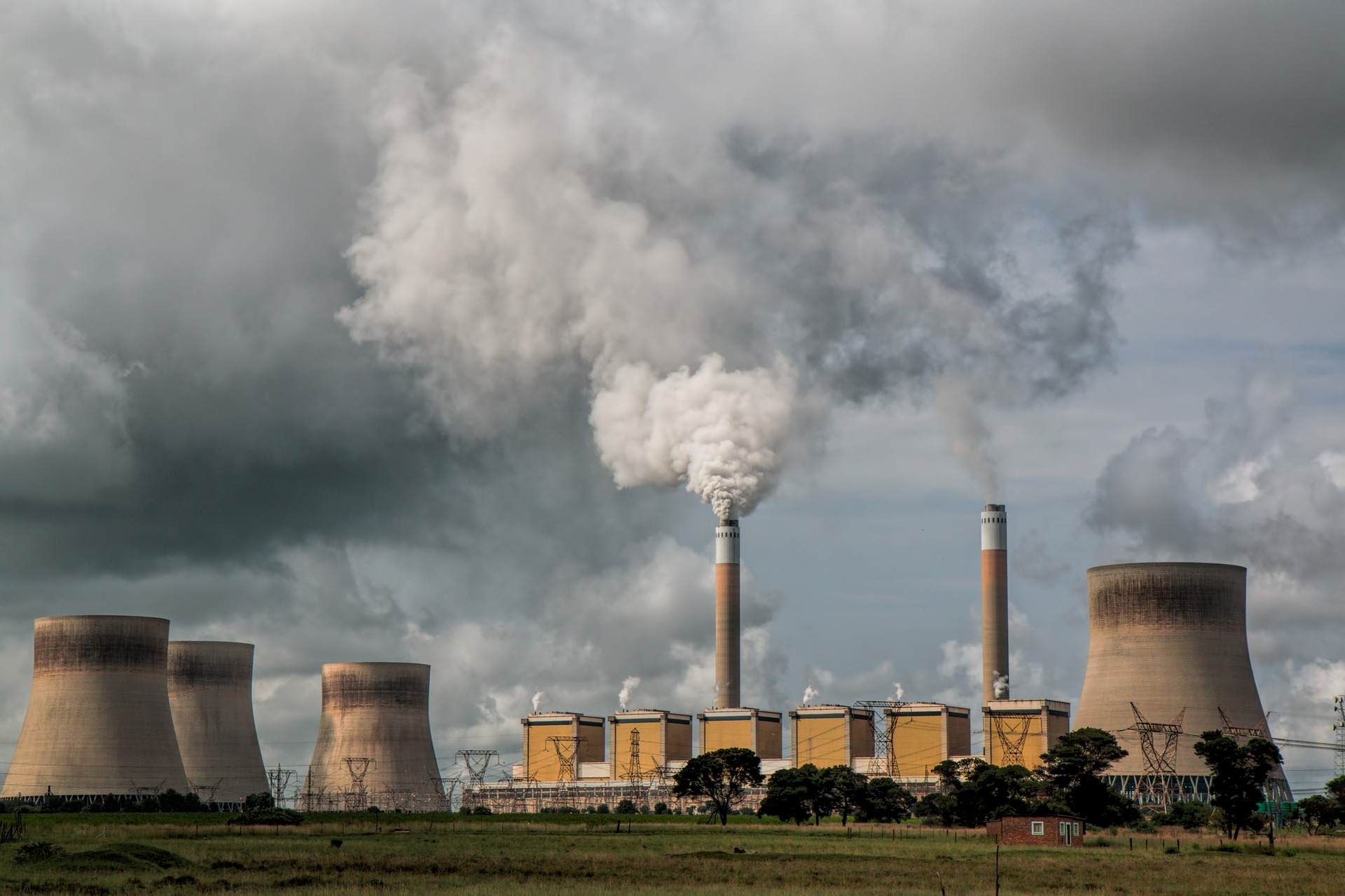Extreme weather events and climate anxiety on the rise

Extreme weather events have been aplenty this summer. Heatwaves, for instance, have been consistently making headlines around the world.
According to Robert McLeman, a professor of geography and environmental studies at Wilfrid Laurier University, “heatwaves in one sense are a normal thing. They happen periodically. It goes in cycles, these things in the weather.”
“What we’re seeing, both in Canada and worldwide, is that heatwaves are happening more frequently and the temperatures themselves during the heatwaves are getting hotter and hotter.”
For example, in July this year, temperatures in the UK hit 40 degrees Celsius. Such high temperatures in that region are almost unheard of., according to McLeman.
“Last year, in British Columbia, temperatures in the interior reached almost 50 degrees Celsius. Again, [that’s] just not normal.”
McLeman explained that these events are all consistent with climate change andwith global warming. As average temperatures rise, heatwaves become “hotter than usual.”
In some nations, including Canada, warming happens “faster than the global average.”
According to McLeman, other extreme weather events might also become more frequent as the planet warms.
Tornadoes, for instance, while difficult to predict on a case-by-case basis, could become more frequent as “the type of weather conditions that produce extreme thunderstorms are becoming more common, especially in North America.”
Forest fires might also happen more often.
“Predicting individual wildfires is difficult, but the types of weather conditions that give rise to wildfires – really hot, really dry periods for extended periods of time – are becoming more common,” McLeman said.
Hurricanes might also behave differently, and concerningly so, in the near future.
Since “we are warming sea-surface temperatures in many parts of the world” and hurricanes only form when sea-surface temperatures rise above a particular threshold, “I think we’re going to see more severe hurricanes,” McLeman said.
“On average they’re becoming stronger, which is bad news for people who live in areas exposed to them.”
Scientists are also seeing more droughts in many parts of the world and sea levels rising.
Sea levels are rising about three to three and a half millimetres per year due to average temperatures rising.
“[Three to three and a half millimetres] doesn’t sound like much here, but if you live on the coastlines that’s a big deal. Over the course of your lifetime, you’ll see significant changes in sea levels.”
With all of this apparent bad news, McLeman noted that “it’s understandable to be anxious.”
“The reality is that somebody who’s 20 years old today has an average of 60 more years of life ahead of them in which they’re going to have to deal with these changes in the environment.”
“You can’t let [this anxiety] get the better of you. Instead of being a cause for worry and stress and so on, it should be a catalyst for action.”
Such action might be “direct involvement in environmental initiatives” including joining school clubs that focus on the environment.
Climate action might also be “indirect, which is just [to] be better informed about the changes around us, inform our families and loves ones and so on about our concerns and then take basic day-to-day steps that we can all take to reduce our carbon footprint,” McLeman said.
“Whether it’s walking or recycling or taking the bus more often,” everyone can do something to help catalyze environmental change for the better.
“My advice to students would be to become leaders in this field and lead by example,” McLeman said.

